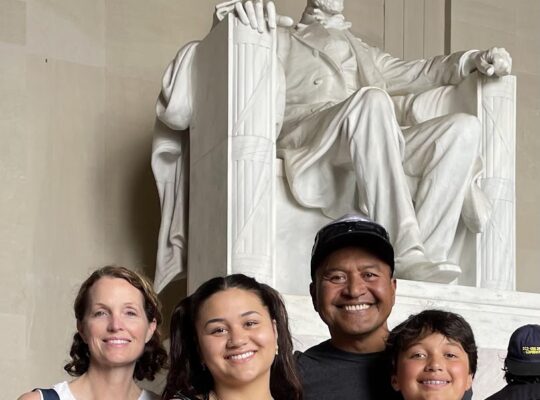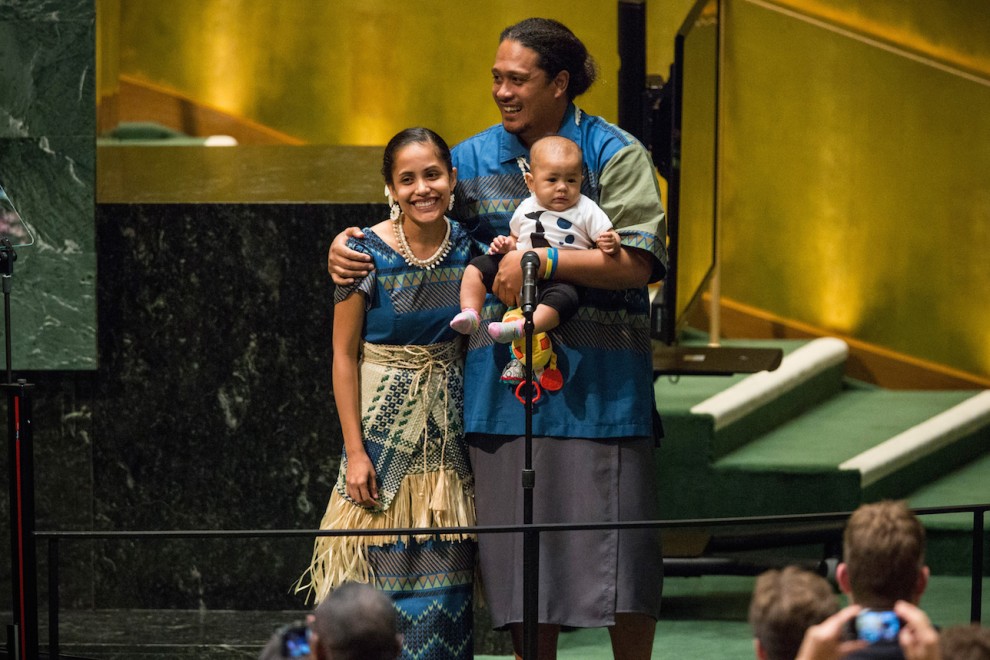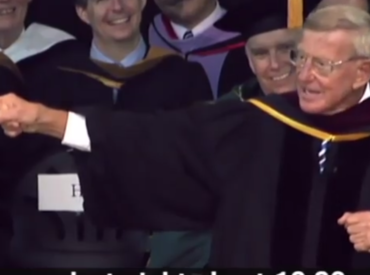The move by certain members of the FSM Congress to prematurely end the Compact of Free Association (COFA) with the United States will negatively impact all FSM citizens living in the United States. As the director of the Pacific Islander Student Center at the University of Hawaii at Hilo which serves over 200 self-identified Pacific Islander students including FSM students, I am concerned for my students and all FSM students in the United States and its territories? Without the COFA, our FSM college students in the US will face some adverse consequences including the following:
US Entry: Students will lose their ability to enter the US with just their FSM passport to attend schools, work, live, visit relatives, etc. Since 1986, FSM citizens have been given the privilege of entering the US and its territories without any forms of visa.
International Status: Without the Compact, FSM students will be relegated to international student status by the Department of Homeland Security (DHS) requiring F1 or J1 student visas. Under those student visa requirements such they will need to meet strict student visa application forms by the Department of Homeland Security as required for all international students who wish to enter the US for school.
Proof of Financial Support: As F1 or J1 students, FSM students will be required to show proof of sufficient financial support for the entire academic year before they can be issued their I-20 – Certificate of Eligibility for Nonimmigrant Student Status. In the 2015-2016 academic year, for instance, international students at University of Hawaii at Hilo must show bank statements containing no less than $38,410. This means that FSM students and their parents or legal guardians must have that much money in their bank account before the student can be issued a student visa.
SEVIS Fee: All student visa applicants are required to pay a SEVIS fee of $200 for F1 and $180 for J1. This fee is separate from the application fee itself. Currently, FSM students do not pay for this fee under the terms of the Compact since they are not considered international students and do not have to apply for a J or F visa.
Off-Campus Employment: Without the COFA, the FSM students will be ineligible for off campus work which pay more money than on-campus student employment. F and J student visa holders are only eligible to work on campus.
Part-time Status: If FSM students are relegated to international students with J or F visas, then they all lose their ability to attend college on a part-time basis. Many of our FSM students have to work, raise children, and therefore can only go to college in the evening on a part-time basis. Under the terms of the student visas, all international students are required to maintain a full-time enrollment status or lose their eligibility to remain in the US.
Pause Out: Often many of our COFA students pause out of college for a semester or a year to work off campus, save up money, and resume their enrollment. This ability to pause school responsibly to work is often forced on the students because of a balance on their student account. Any remaining balance on a student account puts a “Hold” on their the account preventing the student from registering for classes in the next term. Currently, FSM students on temporary pause out status are not deported due to violation of full-time student status. International students do not have the luxury of pausing out to work.
Federal Aid: FSM students will lose their eligibility for the US federally funded grants such as the Pell which runs about $5,775 (school year 2015-2016) per academic year based on income status. Pell is the last federal program that FSM students are still qualified for as the Federal Work Study (FWS) and the Supplemental Educational Opportunity Grant (SEOG) programs were removed in Compact II.
Institutional Aid: Most institutions in the US do not offer financial aid to international students. It is for this reason that many universities heavily recruit international students because they are all full-paying students.
State Scholarship: Without the Compact funding to the State Department of Education and the Scholarship Boards, many FSM college students who depend on their state scholarships will be left with the inability to pay for their college education.
So, as far as I can see it seems utterly irresponsible for our FSM Congress to suggest an early termination of the COFA without any plans on how to address these unintended consequences for FSM college students who depend on the COFA to protect them.





